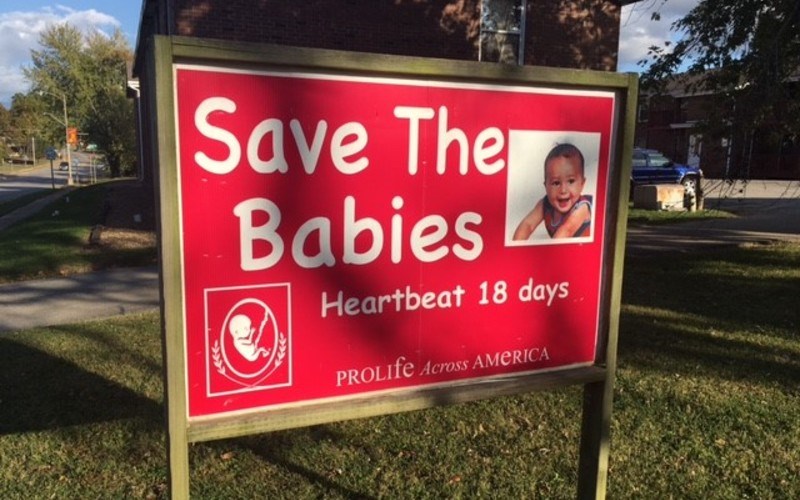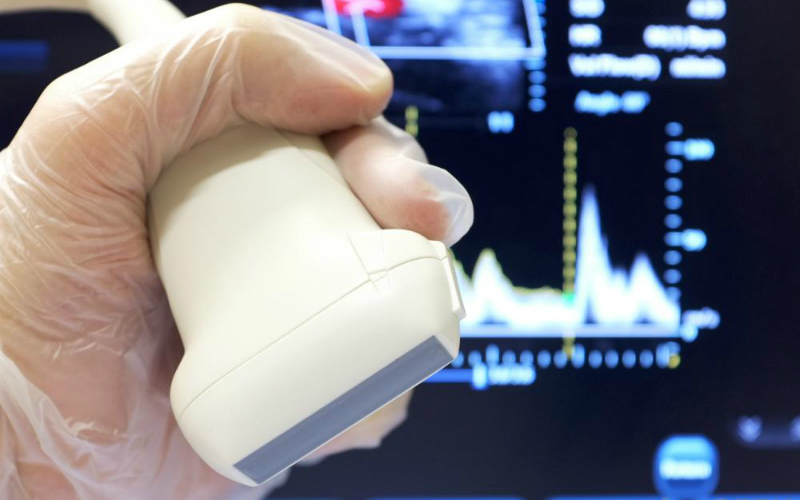Last year, Wyoming Governor Mark Gordon signed into law a trigger law (HB0092) to go into effect upon Roe v. Wade being overturned. However, that law has been enjoined by a court. Most recently, the legislature passed the Life is a Human Right Act (HB0152), a measure sponsored by State Representative Rachel Rodriguez-Williams – who also sponsored the state's trigger law.
"I think the most important piece of this bill is that it clearly defines that abortion is not health care," the Republican lawmaker shares, "because we know that the goal of abortion is the death of a human being. This law is a pro-life law [that] supports women and protects their unborn children."

Under the bill, someone committing an abortion would pay a price. "… Any person who violates this state statute is guilty of a felony punishable by a fine not to exceed $20,000, imprisonment for not more than five years, or both," Rodriguez-Williams explains.
Civil penalties could be levied as well, she says. "If any physician or professional licensed person who intentionally or knowingly violates this section commits an act of unprofessional conduct, their license can be revoked by the State Board of Medicine." In addition, any woman who has an abortion can sue for damages up to $10,000.
Governor Gordon, who in July 2022 signed the trigger law one day after it was verified by the Wyoming attorney general, can veto HB0152, sign it – or neither; in which case it will go into effect on its own.
Objective: Eradicate state of those clinics
Meanwhile, Utah's trigger law banning abortion – like Wyoming's – is under a legal challenge. Mary Taylor, president of Pro-Life Utah, expects it to be upheld, but explains that a separate bill passed by the legislature (H.B. 467) is taking a different approach to protecting the unborn.
"This bill stops the licensing of abortion clinics [after May 2, 2023]," she tells AFN, "[and that on or after] January 1, 2024, there will be no designated abortion clinics in the state of Utah" – unless the last valid date of a clinic's license is later.

In addition, all abortions must follow legal restrictions and be performed in a hospital, which means the abortionist must have admitting privileges. And in the case of a diagnosis for a pregnant woman with a baby with a disability, even if an abortionist recommends abortion, he or she must fulfill another requirement.
"Women will now have to be informed that an abortion is not their only option when they're facing a fetal defect with their baby," Taylor shares. "They can indeed go through a hospice-type situation [that allows them to] hold that baby, love that baby for whatever time that they have. We're really, really happy about that part of the law as well."
Governor Spencer Cox – who is considered a "moderate" Republican – has reportedly stated he will sign the bill. But groups like Planned Parenthood and the ACLU report they are considering challenging the measure in court.







